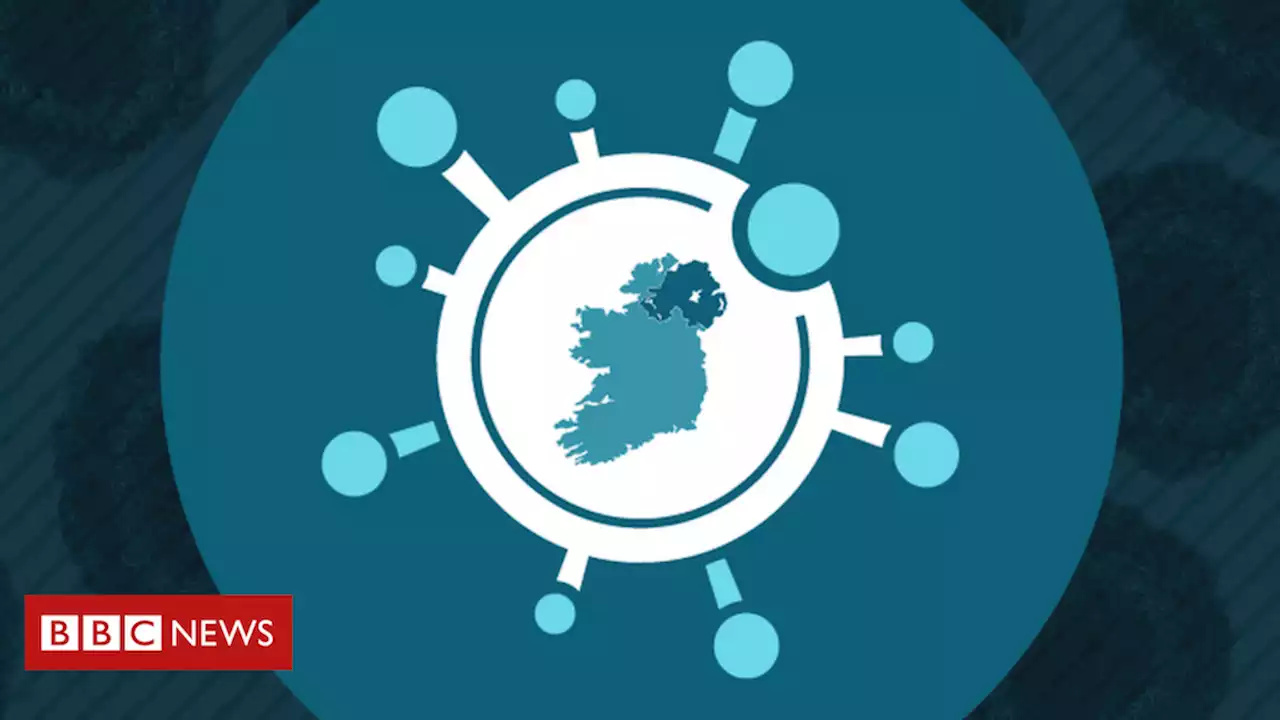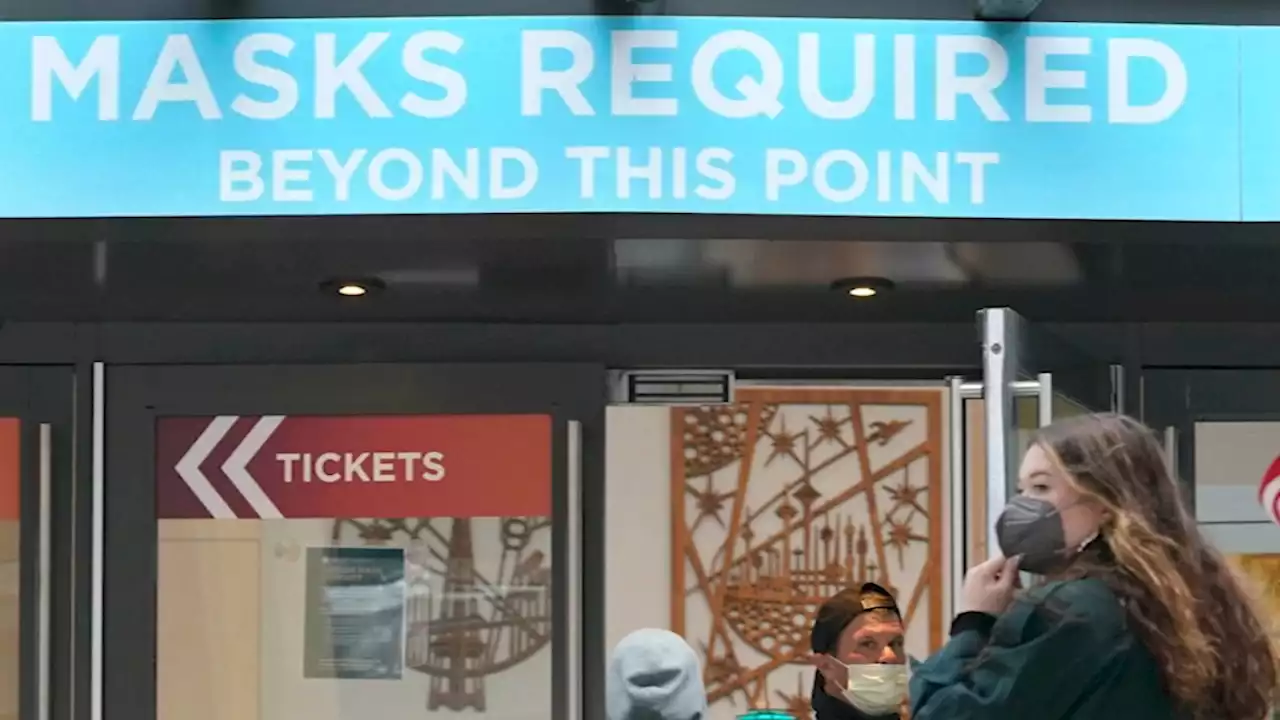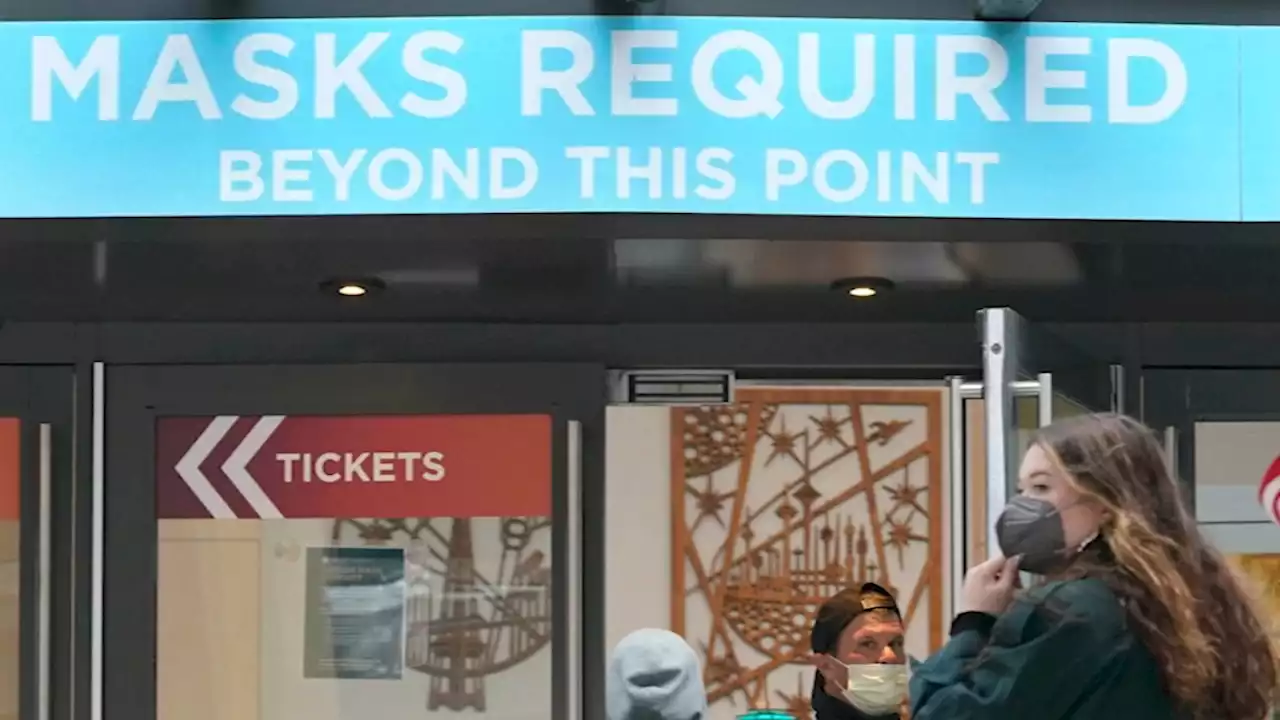The following is a summary of some recent studies on COVID-19. They include research that warrants further study to corroborate the findings and that has yet to be certified by peer review.
Patients with severe COVID-19 who develop diabetes while hospitalized may have only a temporary form of the disease and their blood sugar levels may return to normal afterward, according to new findings.Researchers studied 594 patients who showed signs of diabetes while hospitalized for COVID-19, including 78 with no previous diagnosis of diabetes. Compared to patients with pre-existing diabetes, many of the newly diagnosed patients had less severe blood sugar issues but more serious COVID-19.
"Our results suggest that ... insulin deficiency, if it occurs at all, is generally not permanent," Cromer said. "These patients may only need insulin or other medications for a short time, and it's therefore critical that physicians closely follow them to see if and when their conditions improve."New data illustrate the jumps in U.S.
Overall, for every 2,000 people in the United States, roughly one per day caught a first-time infection when the Delta variant was dominant, compared to about 8 to 10 per day in January after Omicron took over, researchers found. Racial disparities further widened with Omicron, the researchers reported onahead of peer review. During the Delta period, the infection rate in Black patients was 1.3 to 1.4 times higher than for white patients. With Omicron, it jumped to 3 to 4 times higher.
The findings were drawn from 733,509 Delta infections and 147,964 Omicron cases. Omicron was associated with significantly lower rates of emergency department visits, hospitalizations, intensive care unit admissions, and need for mechanical ventilation. However, emergency department visits and need for intensive care was higher among Blacks and Hispanics. The researchers noted that the study subjects might not be representative of all U.S. patients.
Researchers looked at 2,515 adults with COVID-19 who were receiving - or had recently received - systemic cancer treatments such as chemotherapy, immunotherapy, hormonal therapy, or certain targeted drugs. Within a week after COVID-19 diagnosis, 38% of the patients had died. Half the patients in the study were older than 72. Overall, patients with lung cancer or blood cancers were at higher risk for death.
Singapore Latest News, Singapore Headlines
Similar News:You can also read news stories similar to this one that we have collected from other news sources.
 Covid-19: Two more Covid-related deaths and 483 in hospitalThe total number of deaths linked to the virus reported by Stormont's Department of Health is 3,195.
Covid-19: Two more Covid-related deaths and 483 in hospitalThe total number of deaths linked to the virus reported by Stormont's Department of Health is 3,195.
Read more »
Covid-19: Two more Covid-related deaths and 485 in hospitalThe total number of deaths linked to the virus reported by Stormont's Department of Health is 3,197.
Read more »
 Covid-19: Eight more Covid-related deaths and 1,708 casesThe total number of deaths linked to the virus reported by Stormont's Department of Health is 3,205.
Covid-19: Eight more Covid-related deaths and 1,708 casesThe total number of deaths linked to the virus reported by Stormont's Department of Health is 3,205.
Read more »
 Mask and COVID-19 test requirements are dropped for Alaska State Capitol - Alaska Public MediaLegislators and others who work in the Alaska State Capitol are no longer required to wear masks and be tested for COVID-19. The Alaska Legislative Council voted to eliminate the mandates on Wednesday.
Mask and COVID-19 test requirements are dropped for Alaska State Capitol - Alaska Public MediaLegislators and others who work in the Alaska State Capitol are no longer required to wear masks and be tested for COVID-19. The Alaska Legislative Council voted to eliminate the mandates on Wednesday.
Read more »
 CDC could change metrics used for COVID-19 restrictions, including masks, as soon as FridayAccording to experts, 'community levels of disease' will no longer be determined by cases alone, but by severe cases leading to hospitalization and death.
CDC could change metrics used for COVID-19 restrictions, including masks, as soon as FridayAccording to experts, 'community levels of disease' will no longer be determined by cases alone, but by severe cases leading to hospitalization and death.
Read more »
 CDC could change metrics used for COVID-19 restrictions, including masks, as soon as FridayAccording to experts, 'community levels of disease' will no longer be determined by cases alone, but by severe cases leading to hospitalization and death.
CDC could change metrics used for COVID-19 restrictions, including masks, as soon as FridayAccording to experts, 'community levels of disease' will no longer be determined by cases alone, but by severe cases leading to hospitalization and death.
Read more »
